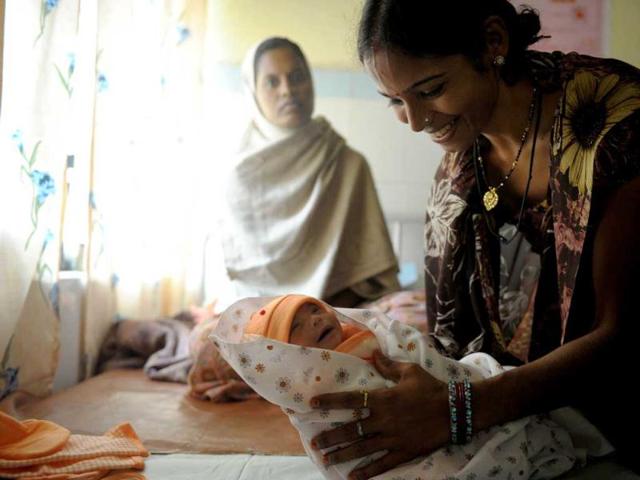It’s hardly a sound plan
The chapter on health in the 12th Five-Year Plan must be revised. Poonam Muttreja writes.
The assurance of the Planning Commission that it will revise the chapter on health for the 12th Five Year Plan is comforting. The draft chapter has chosen to ignore many recommendations made by the working groups set up by the Commission for the 12th Plan. For example, the recommendations of the working group of the National Rural Health Mission (NRHM) barely reflect in the plan document.

There are huge concerns over the government’s resource provisioning: only 1.5% of the GDP as the total public investment on health, despite the prime minister’s assurance of an increase to 2.5% of GDP over the plan period. The emphasis on privatisation and corporatisation of the health sector is also problematic. Many of us are concerned over the inadequate attention given to issues affecting the poor and the marginalised, especially women. Almost 43% of Indian women between 20 and 24 years are married by the age of 18. One in eight is a mother of three children while still in her teens. We have high levels of maternal, neonatal and child mortality.
Three areas demand urgent attention: first, the chapter is weak on the issue of women’s health and rights, particularly on the urgency of enabling women’s access to quality family planning services. This is the time for some bold political commitments on family planning, seen in the broader context of providing young women with access to a range of health services. About half of our women are in the reproductive age group and a quarter of our 1.2 billion population is adolescent and would need such services.
The 12th Plan was expected to address the issue of family planning and emphasise the need to expand choices for young couples. However, the section on Family Welfare, while mentioning the need to promote spacing methods, talks of only IUDs. There is a need to expand the basket of spacing methods given the evidence that family planning reduces maternal and child mortality and improves family health.
Second, we have seen community monitoring ensures accountability of the health system. It was an important part of the first phase of the NRHM. Sadly, apart from a vague reference to promoting community participation and involvement of panchayati raj institutions, it’s not mentioned in the document.
Lastly, the document proposes that the NRHM expands into a national health mission. But the need is for a separate Urban Health Mission, or a separate but complete in itself sub-mission, given the unique urban health needs and challenges. The disease burden, rate, path and nature of transmission differ in rural and urban areas, and urban slums require special attention.
Given all these issues, it becomes imperative to relook and revise the document.
Poonam Muttreja is executive director, Population Foundation of India
The views expressed by the author are personal





